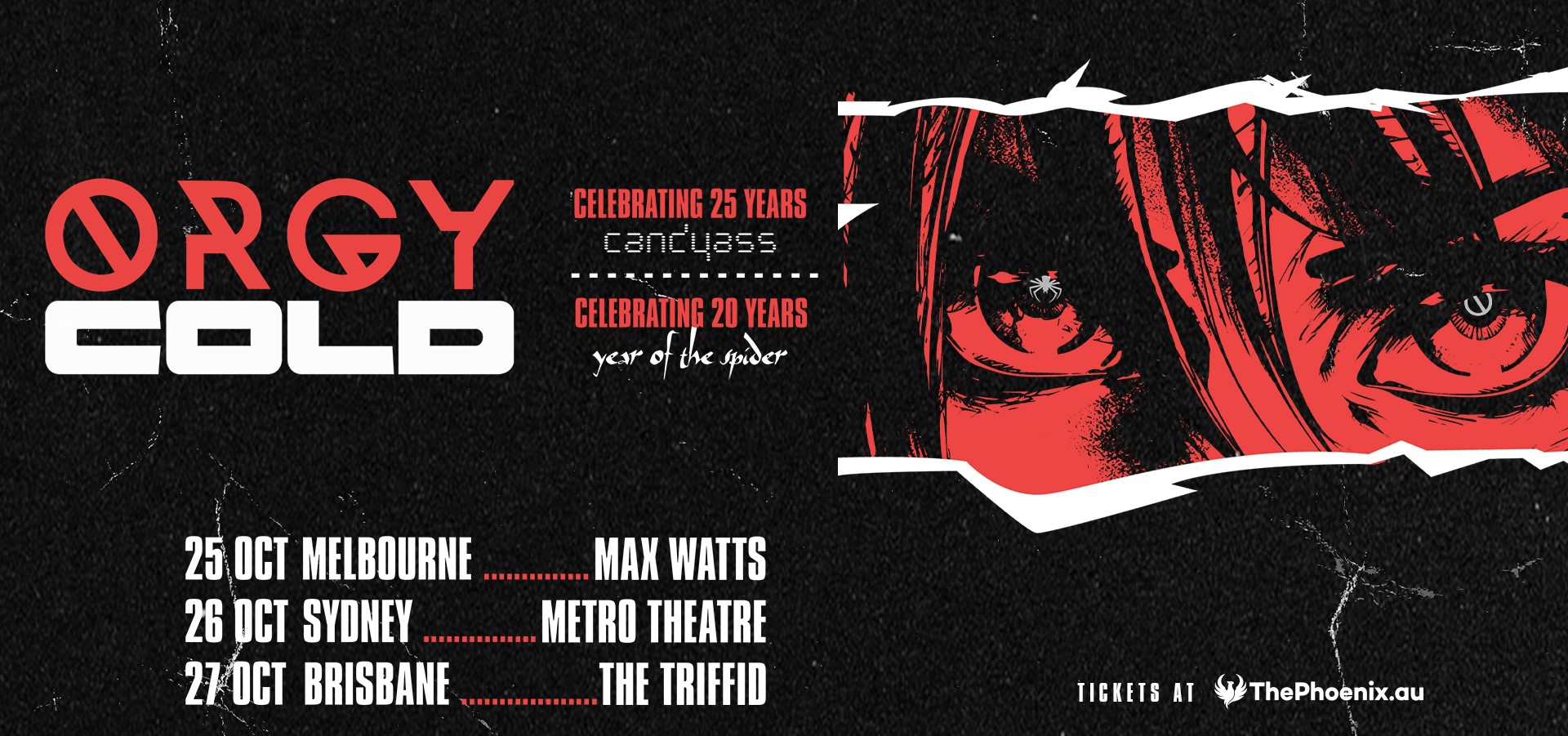By Sam Sweeney
In the final weeks of 2015, nobody could ignore the demise of Australia’s beloved Soundwave Festival and the subsequent social media frenzy. As the heavy metal and punk communities mourned, details of the festival’s collapse poured out of Facebook and Twitter like fake blood from the stage of a GWAR concert. Initial blame for the cancellation bounced back and forth between upfront Soundwave Festival promoter AJ Maddah and ticketing company Eventopia/Ticketek, but as more and more details emerged it became clear that a plethora of both external and internal factors eventually overwhelmed the festival. From Maddah’s monumental debts of over $20 million, to poor organisation, disappointing ticket sales and a lack of support from staging and production companies, it seems that Soundwave Festival may have only had a miniscule chance at survival.
All is not lost for the Australia heavy music scene, however. In the wake of Soundwave’s demise, the birth of Legion Music Festival is something of silver lining for punters. The catch is that this festival will be entirely crowd-funded, and will only go ahead if organisers reach their determined goal of $3,275,000 – in little over two weeks. Accountability and transparency seems to be the underscoring feature of this crowd-funding approach; the dream team behind Legion Fest is comprised of a partnership between several organisations, including Oztix, Global Event Management, Unbreakable International, Love Police, Jaden Social and Bulletproof/Riot Entertainment. Crowd-funding platform Pozible is making organisation of the event possible with $170,000 raised by supporters at the time of writing.
The implementation of crowd-funding efforts to finance individual and group projects has sky-rocketed over previous years and Legion Music Fest is not the first music project to be funded entirely by the people, for the people. Despite this, scepticism is rife surrounding whether the festival will achieve its ambitious target. In terms of the aforementioned transparency, crowd funding ensures that unlike traditional promoter-funded festivals, festival-goers, bands and organisers are all kept in the loop regarding costs of the festival’s production.
In the case of Legion Music Fest, the festival’s crowd funding page features a thorough breakdown of costs of each leg of the festival, including site, production and staffing costs, as well as the holistic artist fee to be distributed amongst the bands on the festival’s bill. Promoter-run festivals have no obligation to present a breakdown of costs to the public, limiting the transparency of the behind-the-scenes festival organisation. The downfall of Soundwave Festival is a perfect example of how detrimental this can be; following revelations regarding AJ Maddah’s $20+ million debt, as well as unpaid fees to the majority of the 2015 event’s performers and production companies, Maddah and his company faced enormous backlash from bands and production teams seeking payment for their contributions to the festival. Essentially, crowd-funded festivals introduce a new element of financial security to the event; Legion Music Fest will only go ahead and funds will only be distributed should the target of $3.25 million be achieved – effectively neutralising any debt-related issues that may arise and hence safeguarding the festival from facing a similar fate to Soundwave Festival.
In terms of how crowd-funded festivals stack up next to promoter-run festivals in regards to community involvement, crowd-funding has its obvious perks. The promoters of Legion Music Fest are emphasising the inclusive role of the fans in the creation of the festival, introducing a sense of community unseen in traditional promoter-run festivals. Essentially, crowd-funding draws on the motive of achieving a communal goal. Events such as Soundwave Festival and other festivals see the promoters reaping the most in terms of gain, often making enormous profits (such as Soundwave 2013’s $62 million gross revenue and $14 million profit), whereas crowd-funding delivers a more far-reaching reward given the number of people involved in the organisation and financing of the event. There is an evident connection between fan-funded initiatives and longstanding values of heavy music communities, and events such as Legion Music Fest will no doubt unite festival-goers from across the country.
Regardless of how the event is financed, the collapse of Soundwave Festival has exemplified the difficulties involved in the organisation of a music festival. Promoter-run festivals have, and will likely continue to be the primary method of organisation, however the creation of Legion Music Fest brings with it a unique opportunity to showcase the power of a legion of dedicated music supporters – something that may prove just as effective as conventional festival funding.
Legion Music Fest Tour Dates
Saturday 26 March 2016 – Melbourne
Sunday 27 March 2016 – Sydney
Monday 28 March 2016 – Brisbane
Friday 1 April 2016 – Adelaide
Saturday 2 April 2016 – Perth
You can make a pledge (buy a ticket) here.













